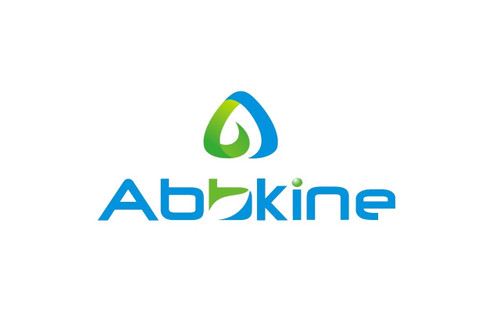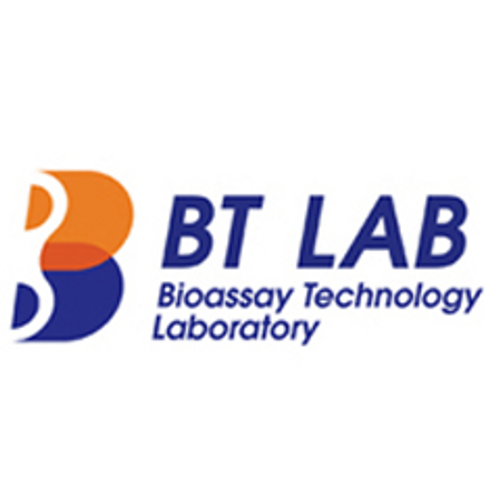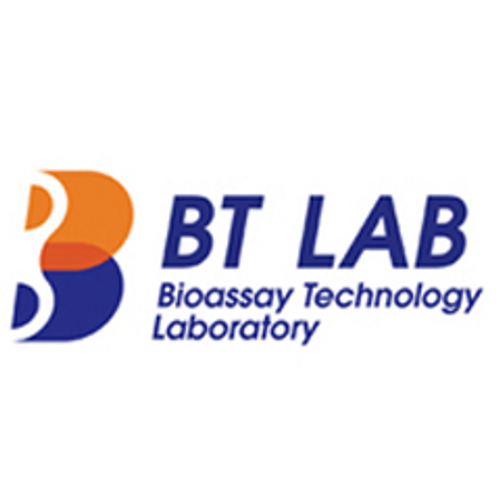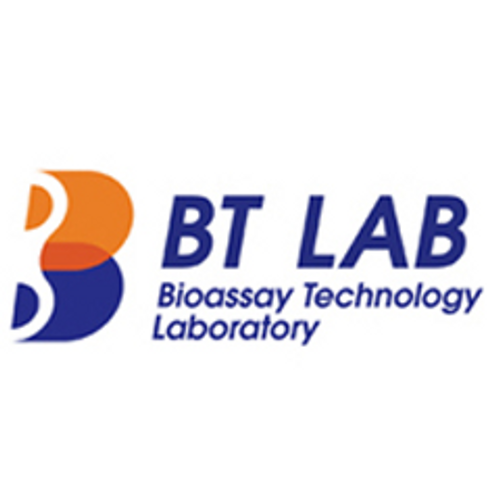Product Description
Human Anti-deoxyribonuclease B antibody (DNase B-Ab) ELISA Kit | AE62296HU | Abebio
Species Reactivity: Human (Homo sapiens)
Abbreviation: DNase B-Ab
Alternative Name: N/A
Application: ELISA
Range: 78-5000 pg/mL
Sensitivity: 30 pg/mL
Intra-Assay: ≤4.5%
Inter-Assay: ≤7.9%
Recovery: 0, 95
Sample Type: Serum, Plasma, Other biological fluids
Detection Method: Competitive ELISA
Analysis Method : Qualitative
Test Principale: This assay employs the competitive enzyme immunoassay technique. The microtiter plate provided in this kit has been pre-coated with an antibody specific to DNase B-Ab. Standards or samples are then added to the appropriate microtiter plate wells with a Horseradish Peroxidase (HRP) -conjugated DNase B-Ab and incubated. The competitive inhibition reaction is launched between with HRP labeled DNase B-Ab and unlabeled DNase B-Ab with the antibody. A substrate solution is added to the wells and the color develops in opposite to the amount of DNase B-Ab in the sample. The color development is stopped and the intensity of the color is measured.
Product Overview: DNase I is a nuclease that cleaves DNA preferentially at phosphodiester linkages adjacent to a pyrimidine nucleotide, yielding 5'-phosphate terminated polynucleotides with a free hydroxyl group on position 3', on average producing tetranucleotides. It acts on single-stranded DNA, double-stranded DNA, and chromatin. It has been suggested to be one of the deoxyribonucleases responsible for DNA fragmentation during apoptosis.DNase I binds to the cytoskeletal protein actin. It binds actin monomers with very high (sub-nanomolar) affinity and actin polymers with lower affinity. The function of this interaction is unclear. However since actin-bound DNase I is enzymatically inactive, the DNase-actin complex might be a storage form of DNase I that prevents damage of the genetic information.
Stability: The stability of ELISA kit is determined by the loss rate of activity. The loss rate of this kit is less than 5% within the expiration date under appropriate storage condition. The loss rate was determined by accelerated thermal degradation test. Keep the kit at 37°C for 4 and 7 days, and compare O.D.values of the kit kept at 37°C with that of at recommended temperature. (referring from China Biological Products Standard, which was calculated by the Arrhenius equation. For ELISA kit, 4 days storage at 37°C can be considered as 6 months at 2 - 8°C, which means 7 days at 37°C equaling 12 months at 2 - 8°C) .
 Euro
Euro
 USD
USD
 British Pound
British Pound
 NULL
NULL












